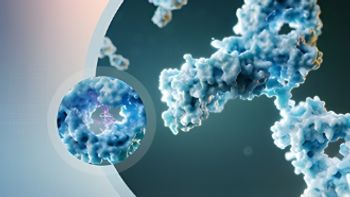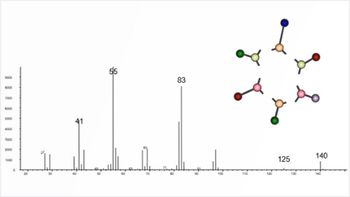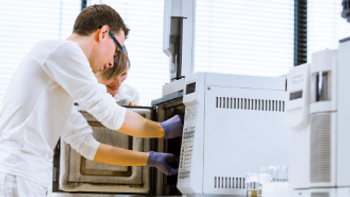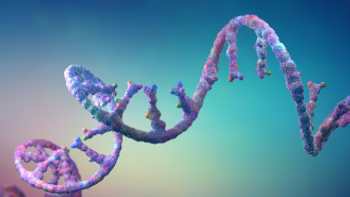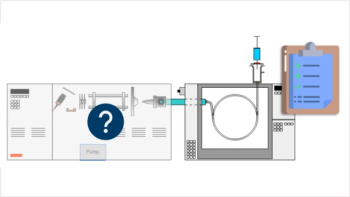
The Secrets of Optimizing GC-MS Methods
Webinar Date/Time: Thursday, September 21st, 2023 at 8am PDT | 11am EDT | 4pm BST | 5pm CET
This event will act as a definitive guide to optimizing methods for GC-MS analysis. In this session, the major instrument and method decisions will be considered that allow you to get the very best from your analyses.
Register Free:
Event Overview.
This event will act as a definitive guide to optimizing methods for GC-MS analysis. In this session, the major instrument and method decisions will be considered that allow you to get the very best from your analyses.
Topics Covered:
- GC column, flow rate, and sample preparation considerations.
- Autotune: why and when.
- Improving your instrument tuning performance.
- Optimizing EI and CI source variables.
- Quadrupole: tuning for specific analyses.
- Spectral data acquisition: overlooked parameters.
- Optimizing methods for quantitative or qualitative analysis
Speakers:
Tony Taylor
Chief Scientific Officer
Element Life Sciences EMEAA, Element Materials Technology
Tony Taylor is the chief scientific officer of Element Life Sciences EMEAA. He has worked in the pharmaceutical, polymer, contract analysis, and consulting industries for more than 35 years. He is an experienced chromatographer who isn’t afraid to admit that every day is a school day in the lab. He is a founder of CHROMacademy, the website where chromatographers to go learn. He has taught thousands of chromatographers globally and his natural enthusiasm for analytical science makes him a very popular speaker on webcasts, podcasts, and webinars.
John Hinshaw
Senior Scientist
Serveron Corporation
John Hinshaw leads the development of online instrumentation for the Smart Grid electrical industry, using gas chromatography and photoacoustic spectroscopy. He has written extensively in the field of chromatography and has conducted numerous professional courses in chromatography at national and international conferences, as well as on-site at industrial locations. John authored the “GC Connections” column for LCGC Magazine from 1988 - 2019.
Register Free:
Newsletter
Join the global community of analytical scientists who trust LCGC for insights on the latest techniques, trends, and expert solutions in chromatography.

